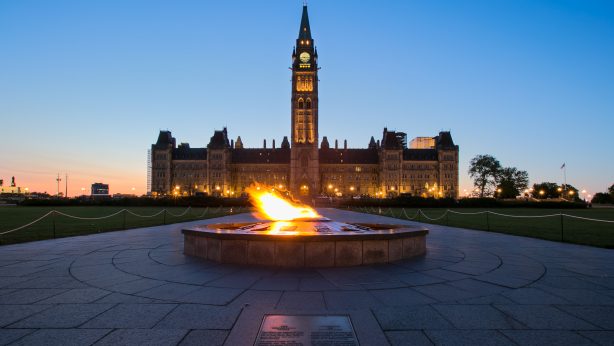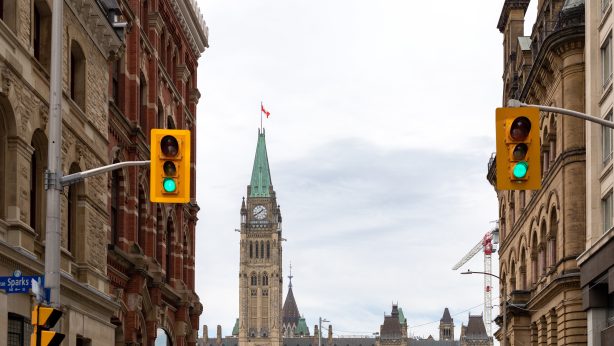Doctors call for a watchdog to oversee what happens to federal health transfers
Public health care advocates have long pointed out that there is no accurate way to track whether federal health care transfers actually get spent on health care.
The Canadian Medical Association (CMA), representing 70,000 doctors and physicians in training, just released a report analyzing health deals between the federal government and the provinces and territories.
The CMA report concludes that was is needed is a Chief Health Accountability Officer to be appointed by the federal government to see whether the tens of billions tax health dollars from the federal government are really going to the health care system.
The CMA has released a new report comparing the bilateral health funding agreements between provinces/territories and the federal government. Prepared by Deloitte, the analysis explores the best approach to manage the historic new funding for all Canadians.https://t.co/2tJEJvChwV
— Canadian Medical Association (@CMA_Docs) September 9, 2024
The call is part of a new report done for the CMA by one of the top four biggest and most influential auditing and consulting groups in the world, Deloitte. It’s called “Detailed assessment of Canada’s working together plan: A comparative economic and policy analysis of FPT health bilateral agreements in Canada.” You can read it here.
A similar theme emerges from an investigation by The Canadian Press, in partnership with Humber College StoryLab. They collected data on provincial health budgets and federal health transfers from 2004 to 2023 to track annual spending. They did an analysis of 20 years of health funding that shows that federal transfers were more generous than provincial health spending.
“In 2023, federal health transfers amounted to $47.1 billion, a 212 per cent increase over 2005, when the transfers were $15.1 billion. Total spending by all 10 provinces grew in that time to $221.9 billion up from $86.2 billion, an increase of 158 per cent.”
Similarly, in November of 2022, an exasperated Prime Minister Justin Trudeau said Canadians may want to ask themselves why provinces are demanding more money from Ottawa in health transfers, while they simultaneously “turn around and give tax breaks to the wealthiest.”
Last year, the federal government announced funding of 196 billion dollars over ten years for health care. About 45 billion of that was new money. That funding involved signing one-on-one agreements with each province. In exchange for that $196 billion, the provinces and territories were encouraged to share data in order to better see progress. In March, the Québec government signed on, the last province to do so.
The Government of Canada provides significant financial support to provincial and territorial governments on an ongoing basis to assist them in the provision of programs and services. There are four main transfer programs: the Canada Health Transfer, the Canada Social Transfer, Equalization and Territorial Formula Financing.



